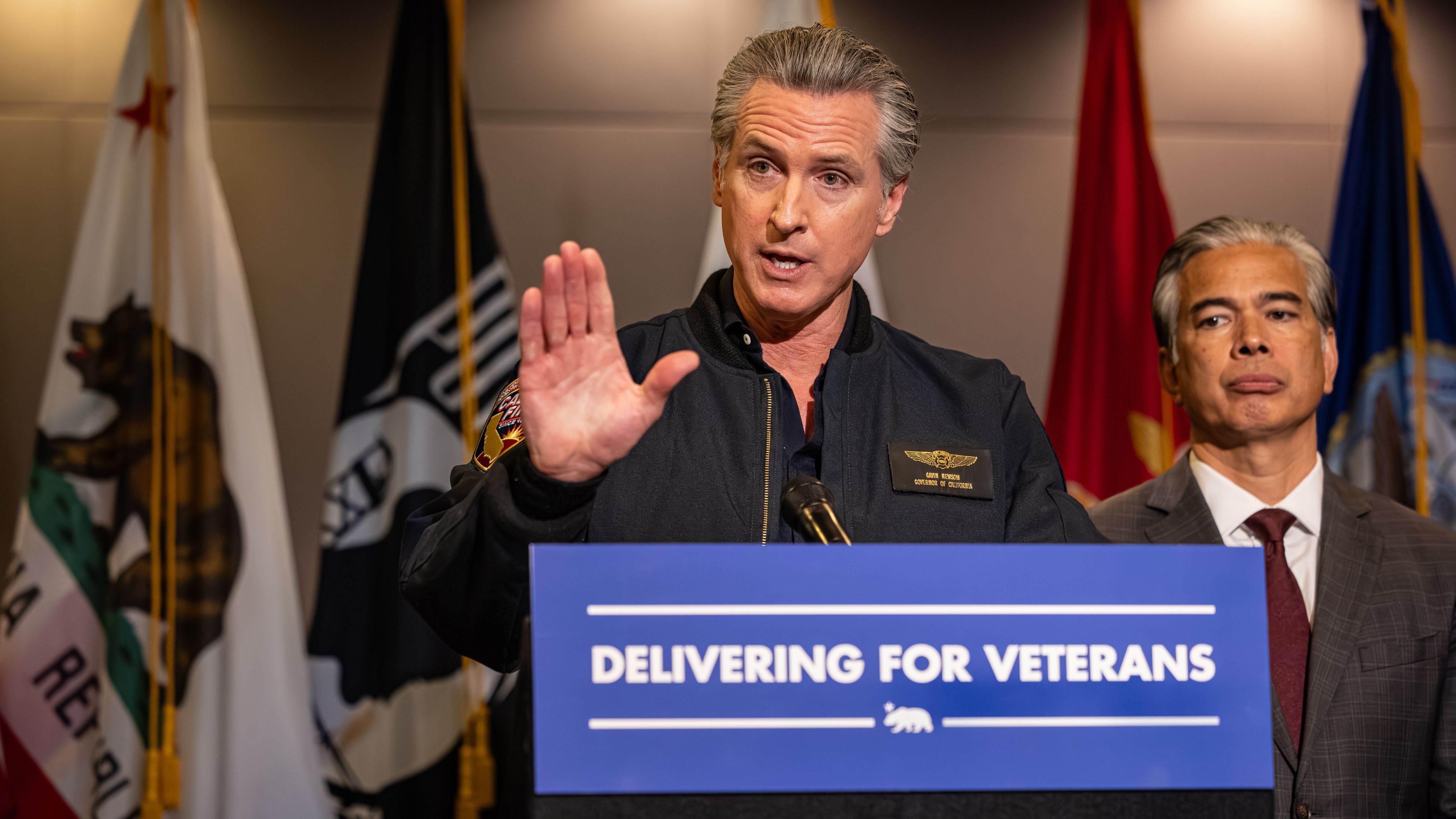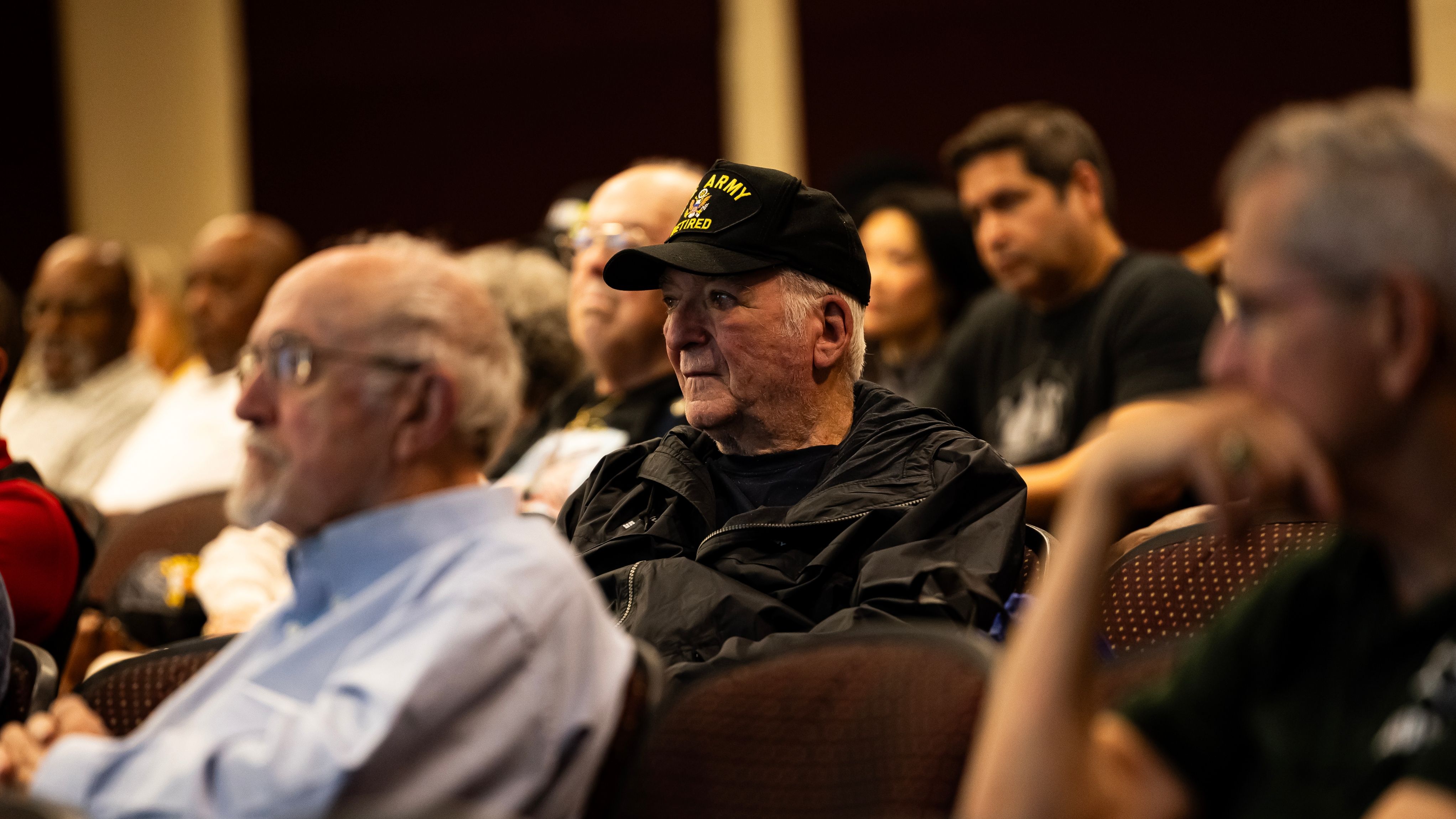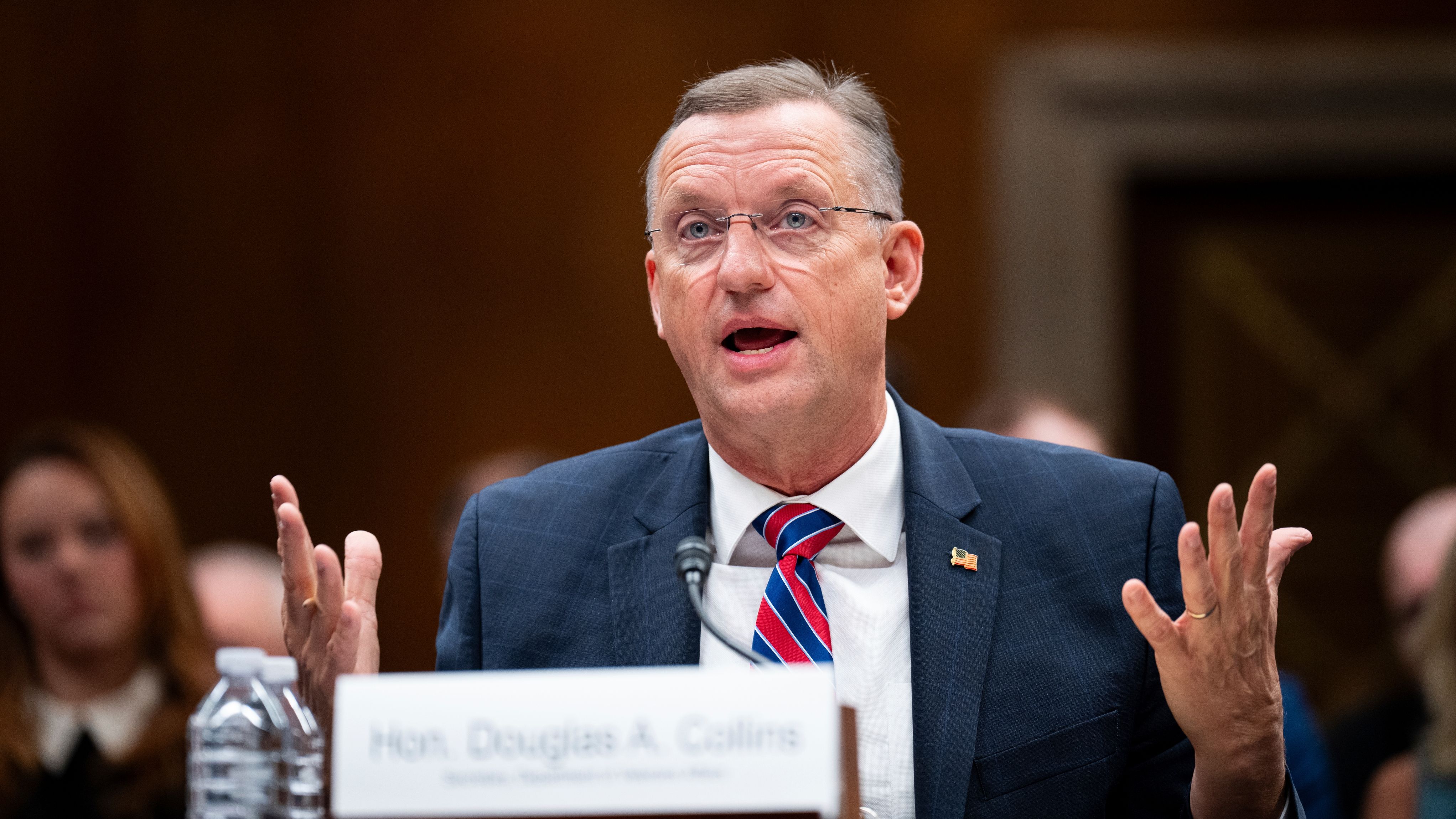HOW DOES MILITARY MENTAL HEALTH STIGMA AFFECT TREATMENT IN FAMILIES?
COMMENT
SHARE

Unfortunately, many individuals in need of treatment must also deal with mental health treatment stigmas. For youth, these stigmas can be even more amplified as children are less likely to be equipped to handle such complex dynamics. For families with children in need of mental health support, it’s important to dispel these stigmas so that proper treatment can be administered. Below, we’re breaking down military mental health stigma and how it can affect your child’s treatment. Suggested read: 5 Proven Strategies for Rebuilding Military Family Bonds After Service
What Is the Stigma of Mental Health Treatment?
The stigma of mental health treatment isn’t just one thing but rather a mix of negative connotations surrounding the process. Often, these negative feelings come with unwelcomed labels involving those in need of help.Receiving mental health treatment isn’t shameful. Just like physical health needs require treatment so too do our mental health needs.The dynamics involved with the stigma of mental health treatment are complex. They aren’t just one and the same for everyone, nor do they manifest the same for each person’s recovery.However, negative labels, bullying, discrimination, denial, and more can all take place. Worst of all, these negative reactions aren’t just harmful on the surface but can lead individuals to avoid seeking the help they need and deserve.It’s also important to highlight the stigmas that patients might face for seeking help in the first place, many of which surround the use of healthcare settings.Furthermore, breaking the stigma of mental health treatments doesn’t just come from those on the outside looking in. Even the medical community itself must continue to improve in an effort to better reach patients and provide adequate care.It takes efforts from many different levels to break the stigma of seeking mental health treatment but doing so can help patients reach out sooner, open up without the fear of judgment, and receive the healthcare they need for a better life.
The Effects of the Stigmas of Mental Health Treatment on Kids
For kids and teens, dealing with the consequences of mental health stigma on treatment can be damaging. The process is already going to come with resistance for some and stigmas make it harder for patients to receive treatment.Children in the military community may deal with loss, resentment, and other issues related to the sacrifices of service. Furthermore, moving around can make it difficult in some cases to establish a core group of friends.All of this and more are capable of causing negative mental health issues that children may need treatment for in order to live a better life. Here are some of the situations they might face:
Avoiding Treatment
Asking for help can be difficult at any age. If your child is in need of mental health services but facing stigmas surrounding them, they may do everything they can to avoid treatment altogether or not apply self-help techniques once learned moving forward.But the stigmas of mental health treatment in children have another unique dynamic—parents/guardians. If you are projecting negative connotations with mental health treatment and avoiding it through denial, disbelief, etc., in the end, your child suffers from a lack of access to necessary healthcare.Related read: Record Number of Student Veterans Requesting Mental Health Services
Social Issues
Negative labels, bullying, and even misconceptions from peers are all things children will have to navigate when seeking treatment. Furthermore, adults, including the parents of other children, teachers, and managers, may also provide negative social dynamics. This can harm mental health treatment before, during, and after receiving services.
Increased Mental Health Issues
Dealing with military mental health stigma and avoiding treatment can sadly create a downward spiral. Lacking a connection with peers, receiving negative words from parents, discrimination in jobs or at school…all of these and more we’ve established can cause children to avoid treatment.Just like a physical injury won’t get better without attention, mental health is the same way. To make things worse, the feeling of rejection from peers, hopelessness in getting better, and other negative feelings can lead to worsening mental health and other harmful actions, such as substance abuse.
How to Change the Stigma of Mental Health Treatment
Changing military mental health stigma involves multiple parties. Society as a whole has to continue to evolve its stance on seeking treatment and understands the importance of resources not just for patients but all of those around them.Advocate and EducateEducation goes a long way as ignorance can lead to negative words and actions against those in need of help. Being an advocate for mental health treatment and treating patients of all ages with respect, dignity, and understanding is the first step in changing the world around us.Support From Loved OnesHow we treat, view, and label people goes a long way. If you constantly speak of someone in need of help in a negative light, others around you are going to begin to think of and view people struggling accordingly.Kicking anyone while they are down is unacceptable, especially from those who are supposed to be there to support loved ones when they need it the most.Seeking help for mental health issues isn’t a weakness and ending the stigma is a multi-faceted approach involving loved ones and healthcare professionals to change the narrative around the subject.
Understanding and Choosing the Right Treatment
Finding the right place to receive treatment is important for recovery. However, providing the right treatment can also go a long way in breaking the stigmas surrounding the process.This is why the professionals at the Jackson-Feild Behavioral Health Services (JFBHS) continue to work towards advancing modern practices for well-rounded care.At JFBHS, a trauma-informed treatment model is used shifting the focus of recovery by acknowledging a patient's past and present life situations.JFBHS is the only provider of inpatient psychiatric services (PRTF) offering neurofeedback and Systems Training for Emotional Predictability and Problem Solving (STEPPS) evidence-based trauma treatments in Virginia.Jackson-Feild combines two approaches into one to help maximize your child’s recovery for mental health and trauma-related issues:
- The Risking Connections approach was established in part with collaboration from the Klingberg Family Center and Stress and Trauma Institute. It helps reach kids who may have been hurt in the past to build meaningful relationships essential for recovery.
- The Restorative approach doesn’t focus on punishing kids with behavioral issues but rather takes past negative problems and turns them into positive learning opportunities.
While the methods are scientific, JFBHS continues to eliminate stigmas with modern, judgment-free approaches for patients.This includes the Neurofeedback approach to modify behaviors along with distance training for emotional predictability and problem-solving to help parents not trigger negative responses from their kids.Jackson-Feild Behavioral Health Services is dedicated to helping children in the military community overcome mental health issues. By using a staff of licensed and credentialed professionals, recovery and healing is possible.In addition to the team of counselors, physicians, and other professionals, there are also counselors available onsite and by phone 24/7 for patients ages 11 to 17.Rather than treating kids in a clinical setting, our team of professionals takes an approach to therapy in a rural area. We utilize its natural setting for building skills and aiding in recovery.Residents are then engaged in three to five individual therapy and addiction treatment sessions per week. This is to help with recovery and overcoming common mental health challenges.Various therapies are available in the program, including the following:
- Addiction relapse prevention
- Addiction relapse prevention and process groups
- Eye movement desensitization and reprocessing
- Motivational interviewing
- Neurotherapy
- Practical skills in living substance-free
- STEPPS
- Trauma-informed treatment
- Variations of a traditional 12-step program
The programs available to children and teens by JFBHS are scientific and evidence-based in their approach. Additionally, they are backed with knowledge. However, they overcome traditional methods that don’t always focus on positive outcomes and tools.Located in Jarratt, Virginia, Jackson-Feild is a TRICARE provider. You can use your benefits for your child’s treatment and get them back on the path of recovery.Ending military mental health stigma means working with professionals who understand a scientific, positive approach. Families can learn more about admissions to Jackson-Feild online or by contacting the Admissions Coordinator at (434) 634-3217 Ext. 3027. For additional information, please visit the Jackson-Feild website at: https://jacksonfeild.org. Read next: Veteran Resume Tips: How to List Your Veteran StatusThis article is the result of a paid collaboration with Jackson-Feild.
Join the Conversation
BY BUDDY BLOUIN
Buddy Blouin is a Contributing Writer at VeteranLife.com
Buddy Blouin is a Contributing Writer at VeteranLife.com



